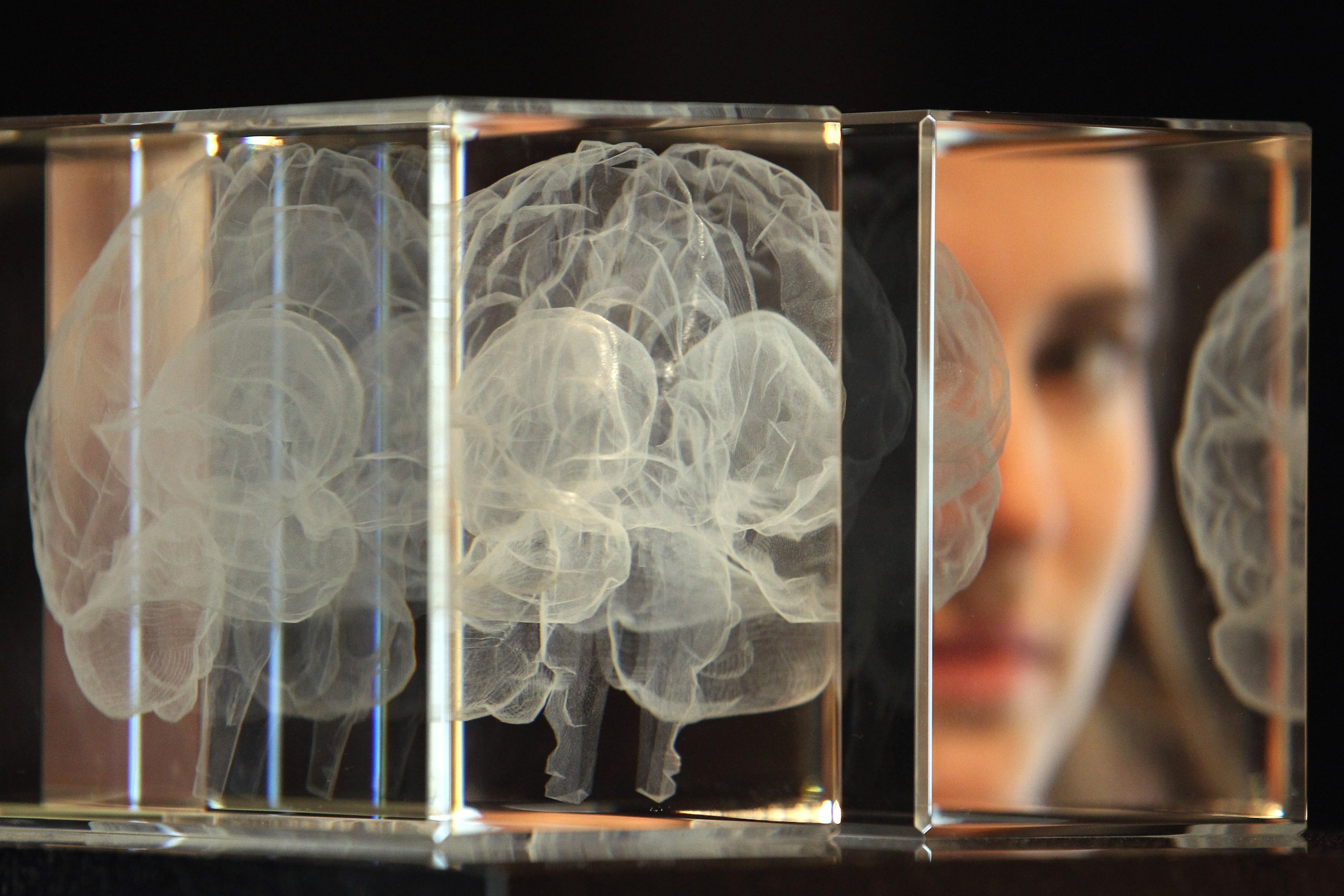AI can detect Alzheimer’s a decade before symptoms show
The programme could help patients receive medication early to manage the disease

A free daily email with the biggest news stories of the day – and the best features from TheWeek.com
You are now subscribed
Your newsletter sign-up was successful
Researchers have created an artificial intelligence (AI) programme that can detect signs of Alzheimer’s disease up to ten years before symptoms appear.
Developed by a team at the University of Bari, in Italy, the computer system scans the brain for “tiny structural changes” that indicate the early stages of the disease, reports Engadget.
The AI was fed 38 MRI scans from Alzheimer’s patients, and 29 from healthy patients, the website says, to help it learn common patterns in neurological activity and the symptoms of the disease.
The Week
Escape your echo chamber. Get the facts behind the news, plus analysis from multiple perspectives.

Sign up for The Week's Free Newsletters
From our morning news briefing to a weekly Good News Newsletter, get the best of The Week delivered directly to your inbox.
From our morning news briefing to a weekly Good News Newsletter, get the best of The Week delivered directly to your inbox.
Researchers then used the programme to “process brain scans from 148 subjects”. The AI was able to correctly detect Alzheimer’s, with a success rate of 86% - and it could also identify “mild cognitive impairment” 84% of the time.
That suggests the programme could be used to find the disease “almost a decade before the appearance of clinical symptoms”, says International Business Times.
Although there is not yet a cure for Alzheimer’s, early diagnosis and treatment can slow down the progression of the disease.
This isn’t the first study that involves using “cutting-edge technology to help diagnose Alzheimer’s and other neurodegenerative diseases”, reports Digital Trends.
A free daily email with the biggest news stories of the day – and the best features from TheWeek.com
Scientists at the VU University Medical Centre in Amsterdam have also been using MRI brain scans to try to achieve earlier Alzheimer’s diagnoses, the website says, while an AI programme being developed by researchers from several universities in California may soon be able to detect the disease through an eye test.
Sign up for The WeekDay email, your twice-daily digest of news and comment